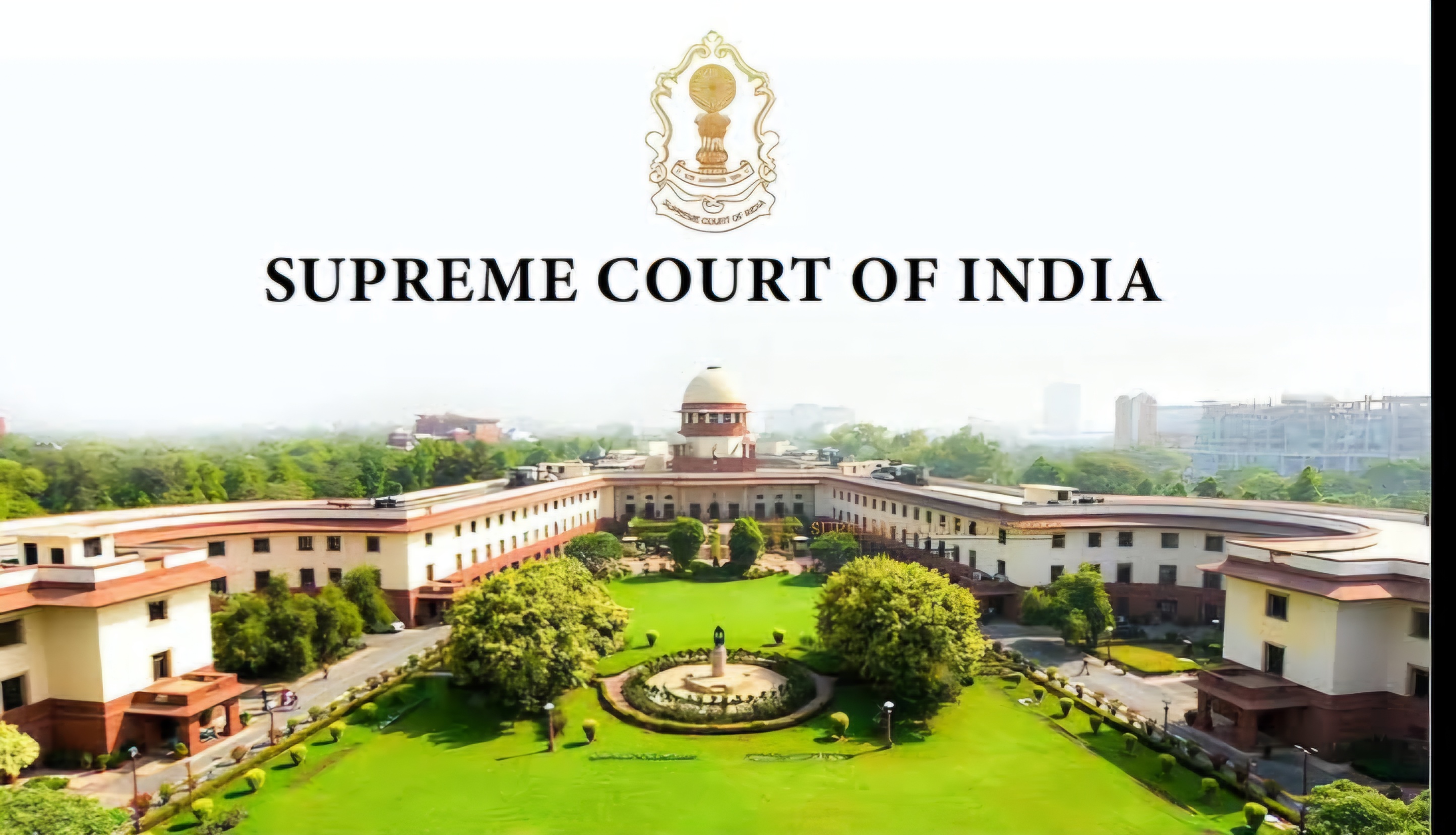


In a noteworthy administering, the Preeminent Court of India conveyed its judgment on September 19, 2024, within the case of Kamal Kishore Sehgal vs. Murti Devi, tending to a long-standing debate over the utilize of a common entry between two property proprietors. The case revolved around whether the whole entry between two plots ought to be treated as a common section for both parties, or in case it should only relate to a particular parcel as specified within the deal deeds.
Case Background:
The debate stems from the deal of two abutting plots found at 8C, Rajpur Street, Respectful Lines, Delhi, initially possessed by Jaspal Singh. The plot was partitioned into two parts — Parcel A (front) and Parcel B (back) — with isolated deal deeds executed in 1974. Parcel A was sold to the offended party, Murti Devi (spoken to by her lawful beneficiaries), whereas Parcel B was sold to the respondents, Kamal Kishore Sehgal and others (spoken to by their lawful beneficiaries).
The core issue within the case was whether the 15-foot-wide common section, implied to supply get to to Parcel B from Battery Path, expanded over both plots or was constrained as it were to Parcel A.
Court’s Observations:
The Trial Court originally ruled in favor of the defendants, stating that the common passage referred only to the stretch between Points X and Y in Portion A, meant for shared use by both parties. However, the First Appellate Court overturned this decision, holding that the entire passage from X to Z1 (spanning both portions) was a common passage.
Supreme Court Ruling:
The Supreme Court, presided by Justice Pankaj Mithal and Justice R. Mahadevan, reinstated the Trial Court’s decision, clarifying that the common passage only extends to X-Y, the portion of the passage located in Portion A. The court emphasized that the sale deed of Portion B did not include any provision requiring the defendants to leave a common passage for the owners of Portion A.
The court ruled that:
The common passage referred to in the sale deeds only pertained to the portion marked X-Y in Portion A, and not beyond.
Conclusion:
This ruling clarifies the interpretation of sale deeds and property rights concerning common passages, ensuring that rights are only granted as explicitly stated in legal documents. The court’s decision protects the property rights of the defendants while reinforcing the importance of precise language in legal agreements.
Click Here to: Download/View Related File
TAGS: Supreme Court Kamal Kishore Sehgal Murti Devi common passage dispute property rights sale deeds Civil Lines Delhi ingress and egress easement rights